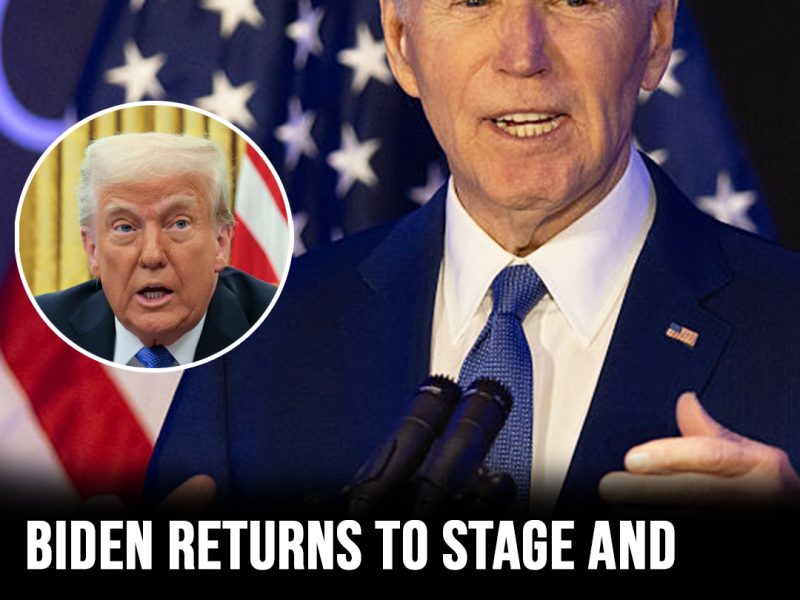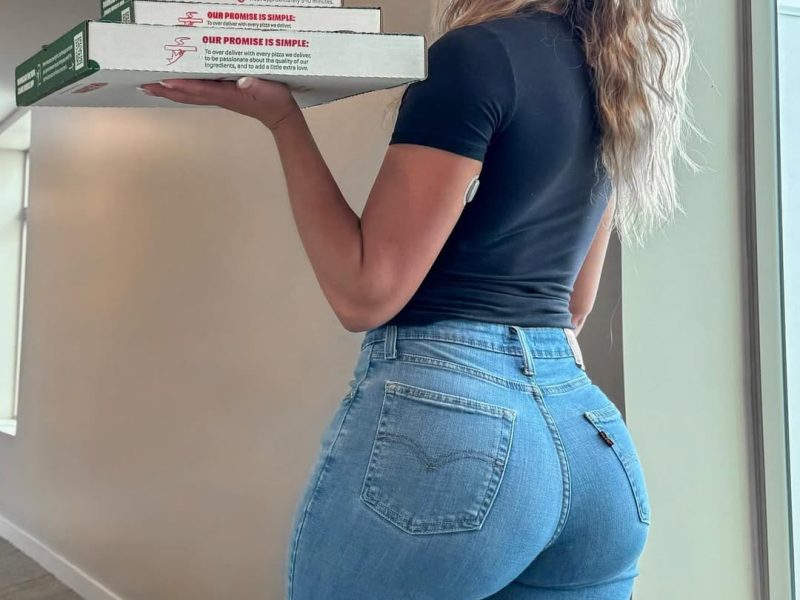In an Shadow And Act’s podcast, Opening Act, S&A’sTrey Mangum interviewed Tyler James Williams about his time in Hollywood, including working on Everybody Hates Chris and Let It Shine.
When discussing Everybody Hates Chris, Williams said how he and the cast didn’t know how popular the show would become in syndication since the show’s numbers started declining after UPN merged with the CW.
“Once that merger with the CW happened, our numbers started tanking, like all the other Black shows that were on UPN, so we were very much so told that nobody was watching it,” he said. Contrast that to modern-day, when scores of fans from all walks of life talk about how important the show was to them.
Williams said the death of UPN “created a void” of Black media that wouldn’t be filled again until Hollywood’s current re-awakening to diversity.
“[T]here was a vacuum of a lot of Black content that then later ended up…popping up in this Black renaissance that felt like it started around 2012, 2013 of a lot of independent and streaming shows by a lot of Black curators,” he said. “…[B]ut I think what was the big tragedy is that we didn’t hit network tv like that. Everybody knows that network TV hits the masses and what also is very concerning about that is the fact that [in] network TV, what we’re doing is selling advertisement time for major brands. That means that those brands don’t necessarily see people who watch Black-centered shows as their target audience to sell, let’s say paper towels or dish detergent.”
“To me, that’s what’s really unfortunate there,” he continued. “Not only are our stories not being told on the network TV landscape the way they used to be, but now these brands are being told rather it’s directly or indirectly that because these shows can’t survive on a network like UPN and UPN can’t exist, that their brands don’t have to cater to the market that comes with those shows.”
In a 2019 interview with S&A, Essence Atkins talked about her time with UPN while on Half & Half, saying the network died because of “gentrification.” Williams commented on Atkins’ assertion, calling it correct.
“She was right. We…kept that network alive and for Everybody Hates Chris specifically, we helped build the CW,” he said. “When they were pulling all these shows that they thought could help launch the network…we were used as the foundation to build a network that ended up going in a completely different direction. I think that’s the case that we see in Black America all the time.”
Williams also talked about another phenomenon Black America constantly deals with–having to be twice as good to open doors for others. Williams felt this pressure when he was promoting Let It Shine, one of the few all-Black Disney Channel movies.
“I very much so knew [about the pressure] and it was very stressful for me, actually, promoting that film,” he said. “Not only was it a primarily Black-led film for Disney, we were introducing battle rap for the Disney Channel community and that’s a task that’s not particularly easy to do[.] I understood what came with that, I understood how hard that was going to be and if we failed to make it a success and to get it to resonate with people there may not be very others that [would come] behind it.”
He said he even told the cast they would have to be exceptional in order to convince Disney Channel to make other Black films after Let It Shine.
“We have to work twice as hard,” he said. “We just have to because if this doesn’t do well it will reflect on everyone behind us.”
But, Williams said, he would consider doing a sequel if the story is right. “I think [the first film] did do something for the culture,” he said.


